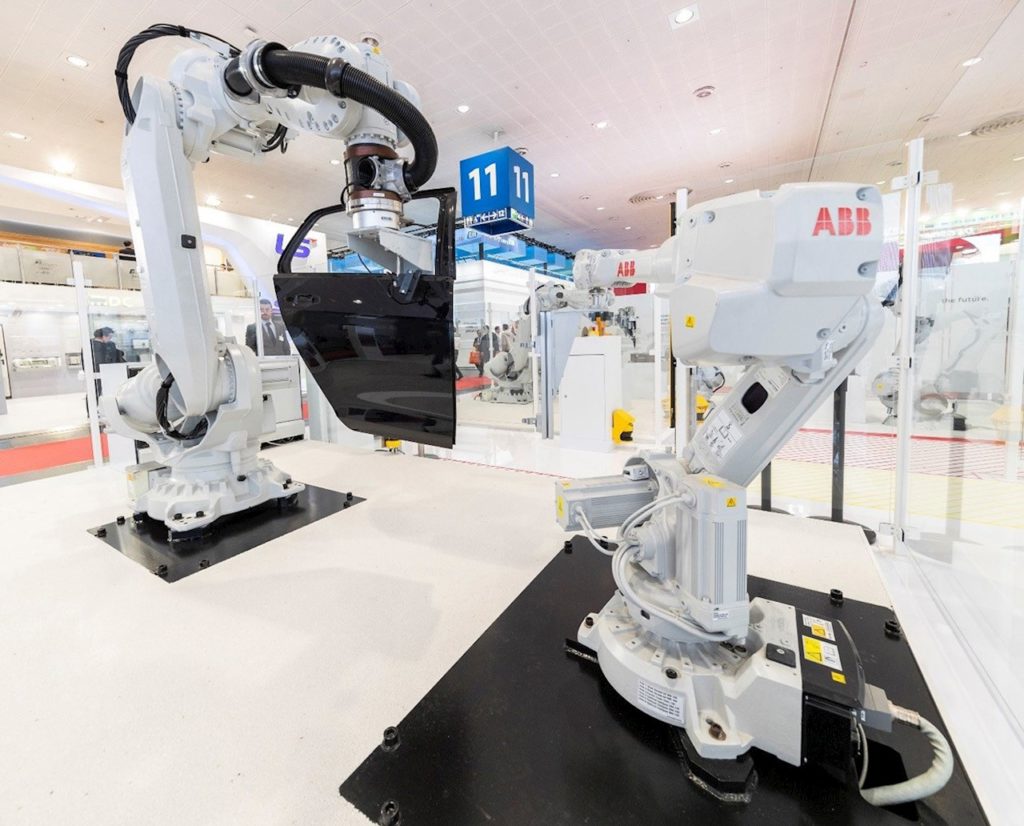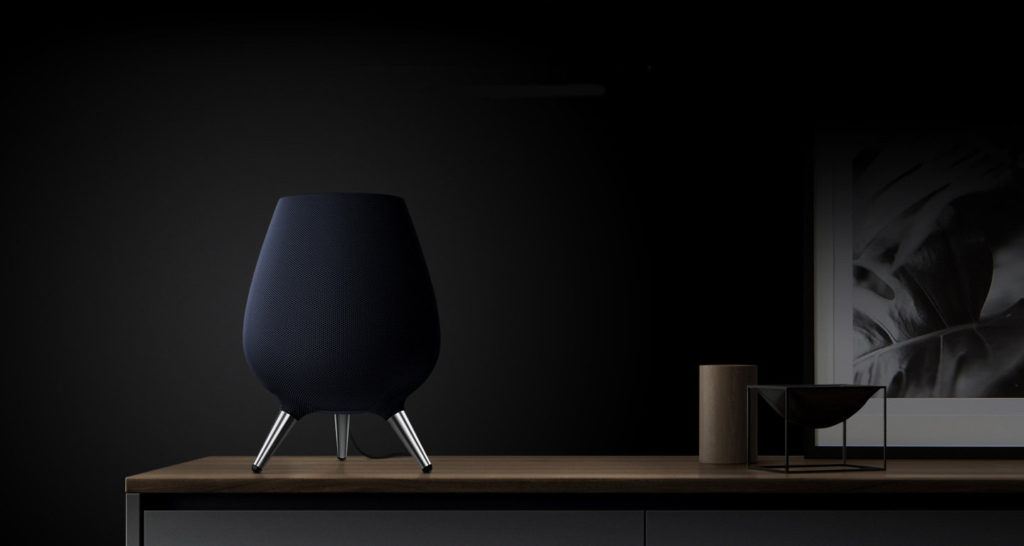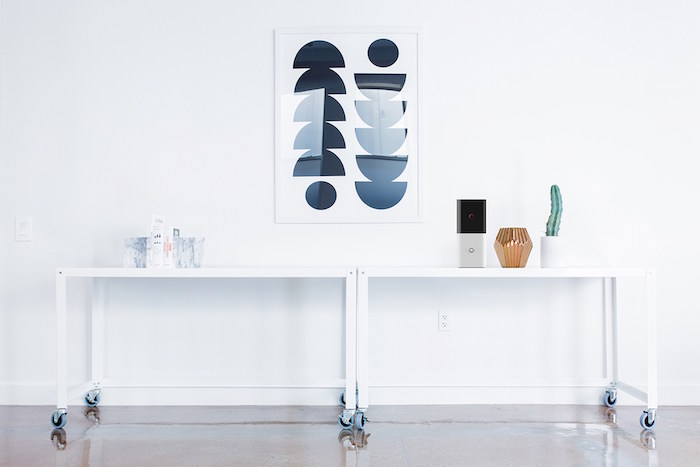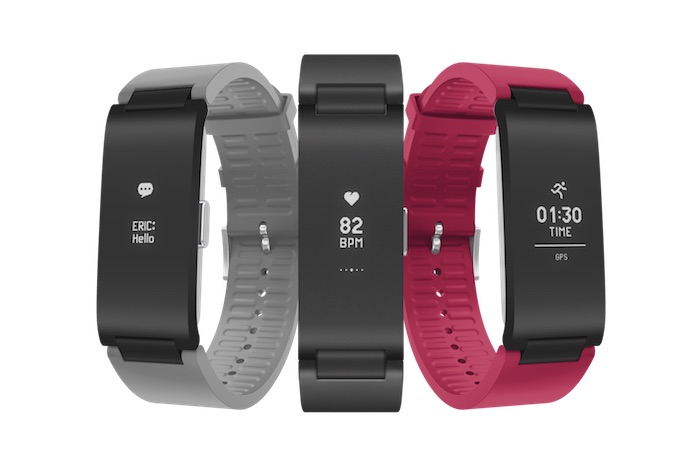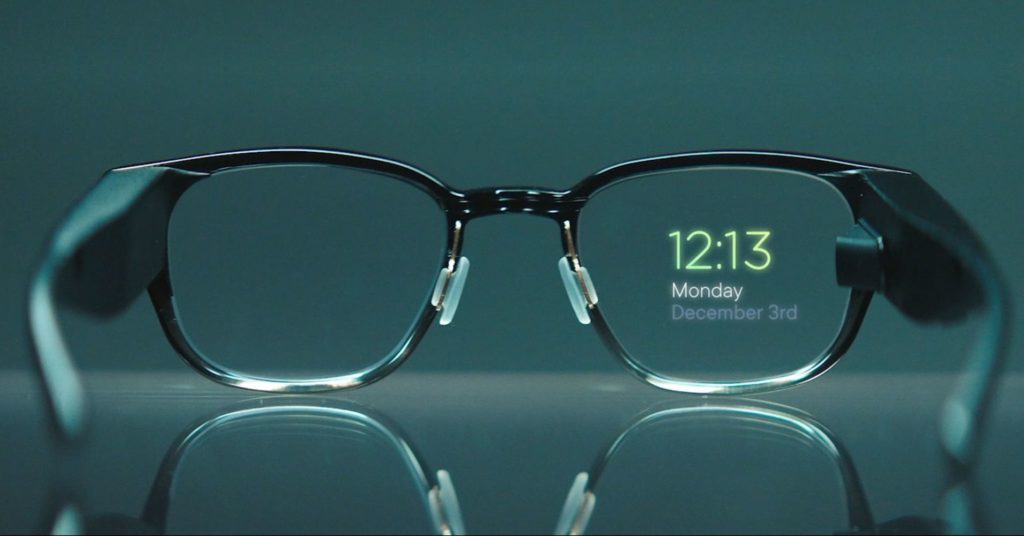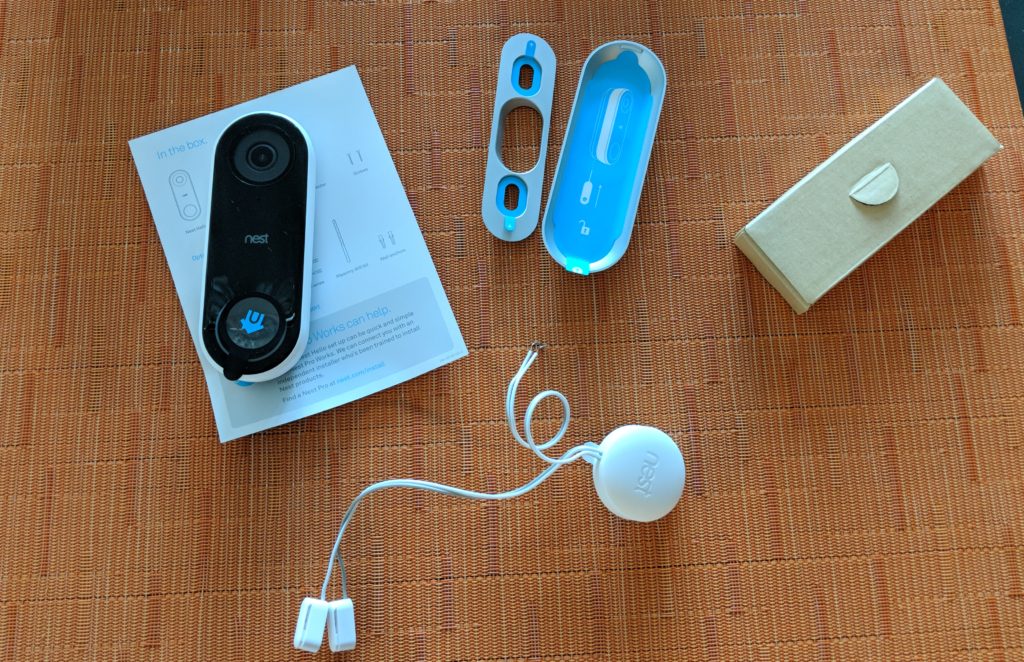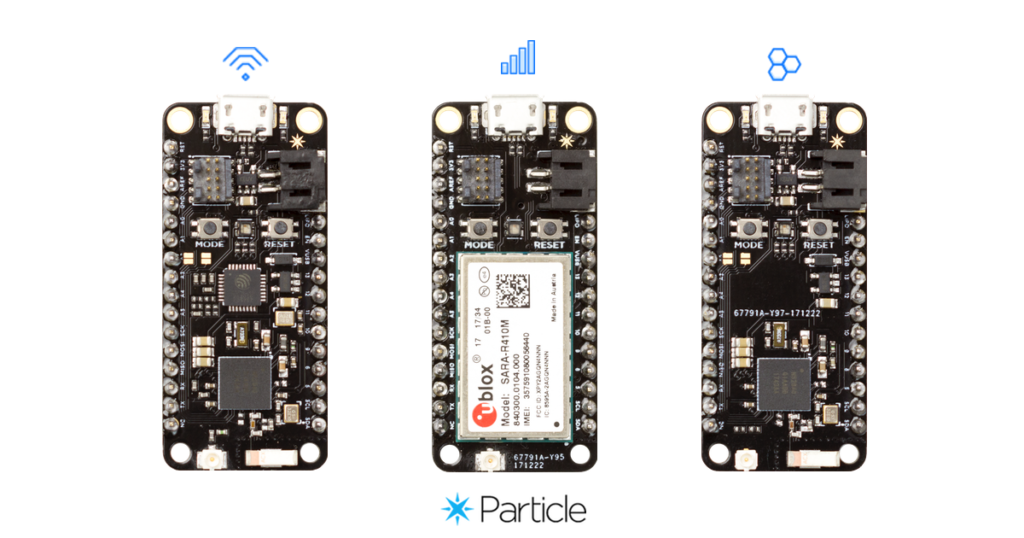This week Kevin and start the show with an educated guess about what comes next for Apple after the iPhone and then discuss the leadership transition at IFTTT. In the wake of Google saying that it didn’t disclose the microphone inside the Nest Guard box, Kevin and I reiterate our take from last week, which is that cameras and microphones should always be disclosed in the specs. We also talk about Osram being for sale, smart circuit breakers, Libellium’s embrace of NB-IoT and what Google needs to do to catch up to Amazon in the digital assistant race. Finally, we answer a question from a listener about creating panic buttons for the home.
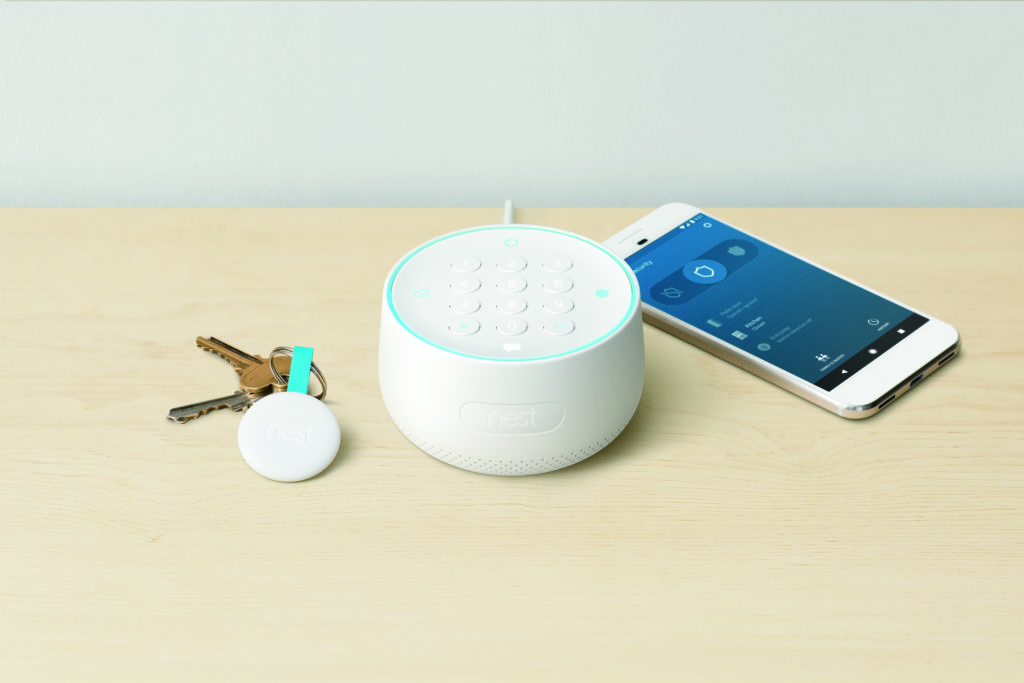
This week’s guest is Tyson Tuttle, the CEO of Silicon Labs (NASDAQ: SLAB), a semiconductor firm that is making a big bet on IoT. Tuttle talks about the role of various radios in the smart home and in industrial settings. He also explains why he’s not worried about the tech giants snapping up gadget-makers that are using his chips. We end with a discussion on how we need to rethink tech and innovation for the edge. It’s a good chat.
Hosts: Stacey Higginbotham and Kevin Tofel
Guest: Tyson Tuttle, CEO of Silicon Labs
Sponsors: Urban-X and Western Digital
- Apple’s HomePod feels like a gimmick
- Mics and cameras shouldn’t come as a surprise
- Smart circuit breakers are still a hard sell
- Are Z-wave and ZigBee doomed?
- What happens when Amazon buys up your customer?
Podcast: Play in new window | Download | Embed
Subscribe: RSS

